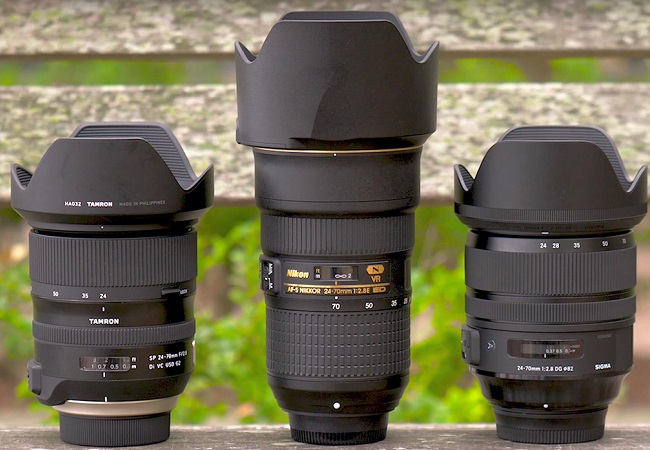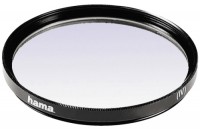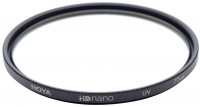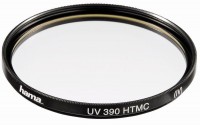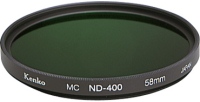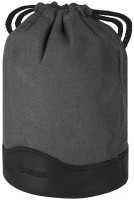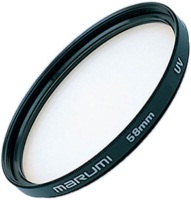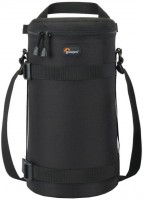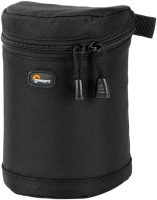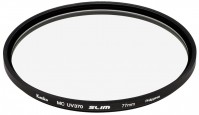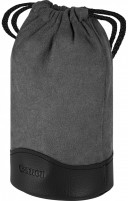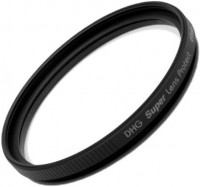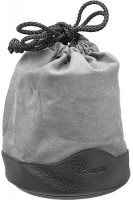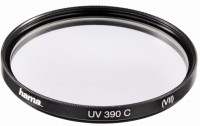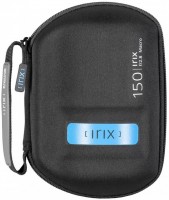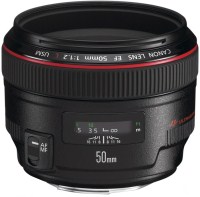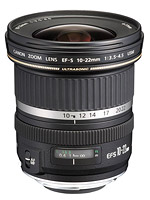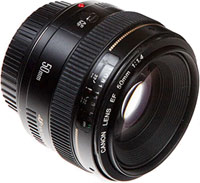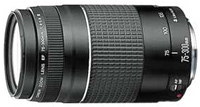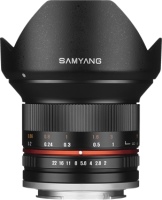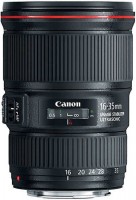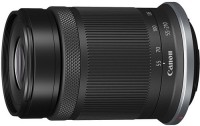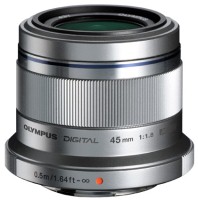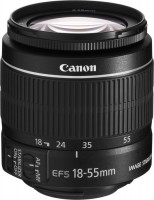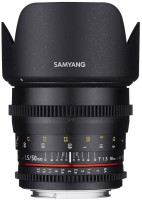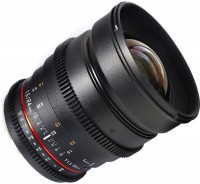Sigma 17-50mm f/2.8 AF HSM EX DC
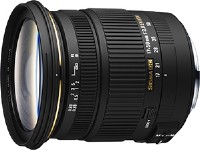 | Expecting restock £395.00 Mount: Canon EF-S; Nikon F; Pentax K; Sigma SA; Sony A; Focal length (mm): 17 - 50; Aperture value: f/2.8; Diaphragm, min: 22; Minimum focus distance (m): 0.28; Sensor size: APS-C; Autofocus drive: ultrasonic drive motor; Filter diameter (mm): 77; Dimensions (diameter/length) (mm): 83.5x91.8 |
Sigma 17-50mm f/2.8 AF HSM EX DC | |||||||||||||||||||||||||||||||||
| |||||||||||||||||||||||||||||||||
Always clarify the specifications and configuration of the product with the online store manager before purchasing.
Catalog Sigma 2025 - new arrivals, bestsellers, and the most relevant models Sigma.
The brainchild of Sigma has long occupied the shelves of photographic equipment stores. But even many years after the appearance in the broad masses, the lens has not lost its relevance and is not going to give way to young “green” competitors.
Recipe for success
The key to the model's success is a constant aperture of f/2.8 across the entire range of focal lengths and high sharpness in the centre of the frame from an open aperture. The situation at the edges of the picture is not so rosy — the lens frankly “soaps” on open lenses, besides, the geometry of objects can be spoiled by visible barrel-shaped distortions (by 17 mm). Problems are reduced to nothing if you cover up to f / 5.6-8 and increase the zoom ratio.
"Underhood hardware"
The “whale substitute” received a separate plus in karma for being equipped with an optical stabilizer, which becomes easier to shoot with hands at slower shutter speeds. Along with it, a fast and quiet auto focus drive is installed “under the hood” of the lens. In the process of aiming at the target, the focus ring rotates, which you need to get used to, but for some reason it is impossible to bring it manually without turning off the automation.
Staff for every day
Due to the presence of a large retractable "trunk" Sigma AF 17-50mm f / 2.8 EX DX HSM actively sucks dust. In the transport position, the retractable part of the lens is fixed in the wide-angle position with a special zoom lock button. Finally, it is worth keeping in mind the special "voracity" of the optical stub — in order not to be left without batteries at the right time, it is advisable to turn off the stabilization system in advance. In the bottom line, we have a noteworthy staffer for every day with coverage of the most popular range of focal lengths and, importantly, consistently the same maximum aperture.



